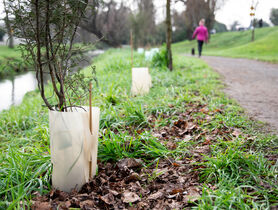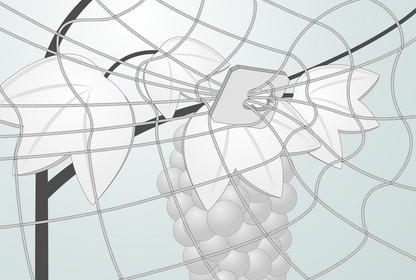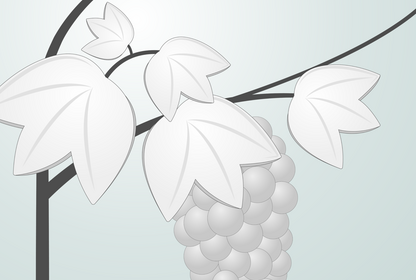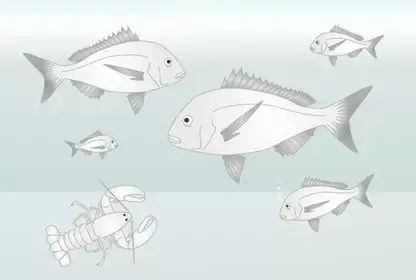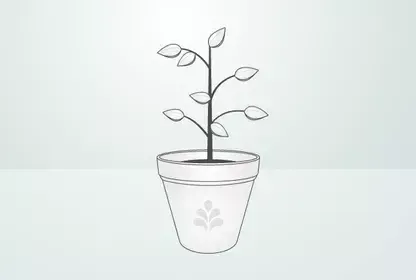Our scientists and R&D team work with nature to create versatile, bio-based and biodegradable products. As part of our extensive research and development, we will be sharing some our research on this page.
Features of PolyNatural®
Made from a family of naturally occurring polymers
The main raw material for PolyNatural is made from a family of naturally occurring polymers which are synthesized by 40% of the worlds known microorganisms. Microbes will consume PolyNatural as an energy and carbon source.
Made from a renewable source.
PolyNatural® raw materials are sourced from renewable resources, hence, they do not deplete limited fossil reserves
Biodegradable
PolyNatural® is 100% biodegradable
NZ Made
PolyNatural® products are designed and manufactured in New Zealand.
Biobased
PolyNatural® materials are biobased.Bio-based’ means it is made from biological materials that either occur naturally or are synthesized organic compounds that exist in nature.
Lifecycle
PolyNatural® has been designed with the full life cycle in mind from the outset.
FAQ - PolyNatural®
-
Are PolyNatural® materials biobased?
Yes PolyNatural® materials are biobased.
Bio-based’ means it is made from biological materials that either occur naturally or are synthesized organic compounds that exist in nature. Often these biological materials come from waste streams of other manufacturing processes, or are synthesized organic compounds. All these are renewable resources, unlike those from fossil origin, which is not renewable.
-
Does PolyNatural® biodegrade?
Yes PolyNatural® biodegrades,
How long it takes is situation dependent. It has no adverse effects on the environment and is naturally compostable without requiring a specialised composting facility.
-
What factors influence the rate of biodegredability?
Factors that influence the rate of PolyNatural biodegradability are the shape and thickness of the product. Environmental factors including humidity, pH-value, temperature, UV-radiation and surrounding microflora.
-
Is PolyNatural® made from a renewable source?
The main raw material for PolyNatural® is manufactured from renewable resources, hence, they do not deplete limited fossil reserves. PolyNatural®’s material is truly circular; therefore, these biomaterials are an integral part of the closed carbon cycle of our planet; this means that when PolyNatural® bio degrades it does not further increase the atmo- spheric concentration of CO2 in analogy to other natural materials.
-
Can PolyNatural® be recycled?
Yes, but only if you send it back to us at PolyNatural®. Before you send it please contact us. When its returned we can either use it as feedstock for the process or use it in the manufacturing process.
-
Does PolyNatural® help soil?
PolyNatural exerts no negative effect on the biosphere surrounding them (e.g., on living organisms, cell lines, living tissue, ecosystems). In fact, it acts act as energy/nutrition source to microorganisms and, therefore has a positive effect on the environment.
Soil is a complex blend of organic matter, minerals, water, air, and microorganisms. Those microorganisms will use PolyNatural as a feed source and a healthy population of soil microbes can help reduce pathogens that cause plant diseases. Soil microorganisms also break down organic matter into nutrients that plants can use.
Organic matter in the soil can store water like a sponge. Soil rich in organic matter can store up to 30% of its weight in water. Soil contains 25% of our planet's biodiversity. Soil is able to filter and trap environmental pollutants, helping to prevent them from leaching into the groundwater.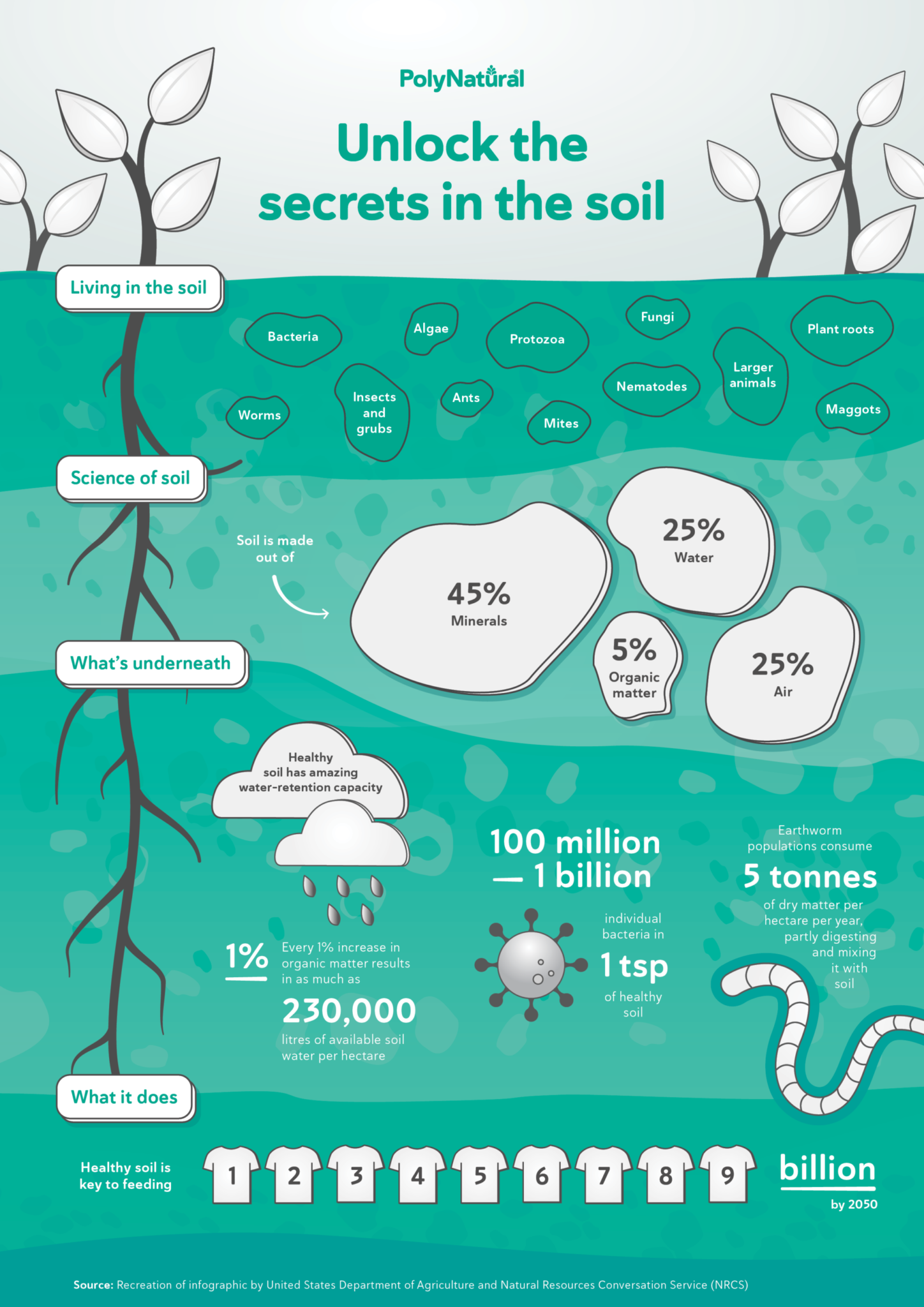
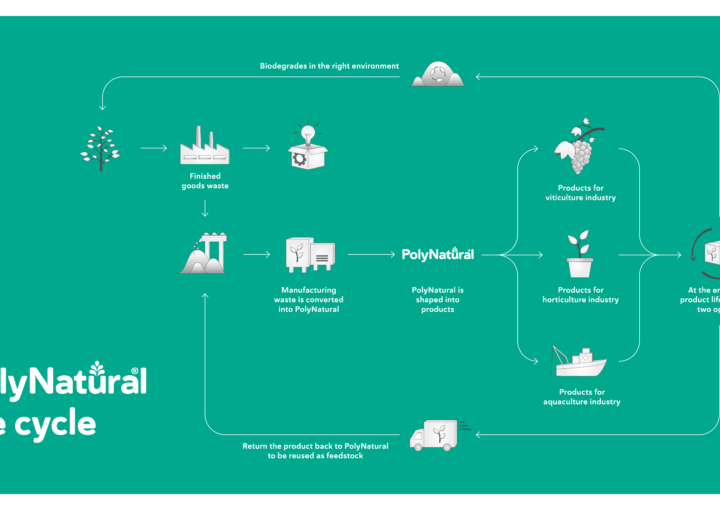
Laboratory testing and evaluation
As part of our product development process we do laboratory testing to get an understanding of how the biotechnology will perform. These tests can include
- Benchmarking the characteristics of the material against the standard petrochemicals.
- The rate of biodegradation.
- The strength of the material.
- The processing of the material.
Prototyping - real world experimentation & trials.
Using our mahi tahi (collaboration) to do real world testing and experimentation is a major part of our product development strategy. Currently going through a review process to determine the performance of different formulations are our PolyNatural® Pots. This process can take months or even years for us to evaluate the performance of our potential products.
Want to get in touch with the PolyNatural® team?
If you have any questions regrading PolyNatural®, please feel free to contact us.

